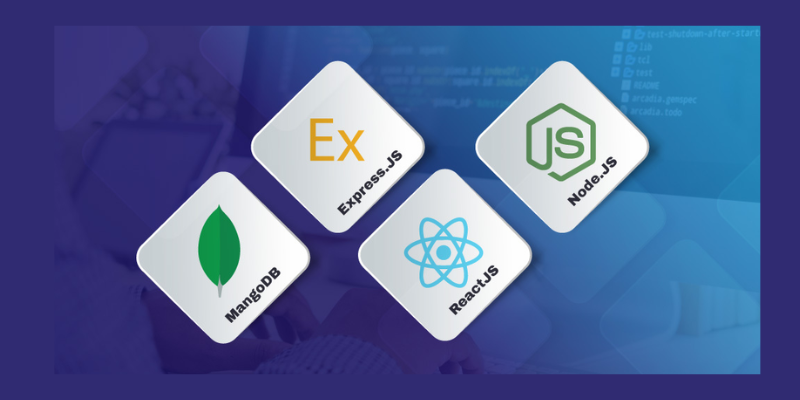In the fast-paced world of web development, scalability is a crucial factor that can make or break a project’s success. When it comes to MERN (MongoDB, Express.js, React, Node.js) Stack projects, scaling challenges can arise as the user base grows or as the application’s complexity increases. In this blog, we’ll explore common scaling challenges in MERN Stack projects and discuss strategies to effectively handle them.
Are you well-versed in the complete application development process using frameworks? Showcase your expertise by mastering various tasks covered extensively in the MERN Stack Course in Chennai. This advanced certification training also includes job placement assistance.
Understanding Scaling Challenges
- As MERN Stack applications gain traction and attract more users, several scalability issues may emerge. These include performance bottlenecks, database load issues, resource constraints, and maintaining responsiveness under heavy traffic.
- One of the first decisions when addressing scaling challenges is choosing between horizontal and vertical scaling. Vertical scaling involves adding more resources to a single server, such as increasing CPU or RAM. On the other hand, horizontal scaling involves distributing the load across multiple servers or instances.
Optimizing Database Performance
- MongoDB is a popular choice for MERN Stack projects due to its flexibility and scalability. However, as data volumes grow, optimizing database performance becomes crucial. Techniques such as indexing, sharding, and using caching mechanisms can significantly improve database efficiency.
- Implementing load balancing techniques helps distribute incoming traffic evenly across multiple servers. This prevents any single server from becoming overloaded and ensures consistent performance during peak usage periods.
Caching Strategies
- Leveraging caching mechanisms like Redis or Memcached can reduce database load by storing frequently accessed data in memory. This accelerates data retrieval and improves overall application responsiveness.
- Adopting a microservices architecture allows breaking down the application into smaller, independent services. This modular approach simplifies scaling as each service can be scaled individually based on its specific requirements. Enhance your skills with the MERN Stack Online Training
- Node.js’s non-blocking, event-driven nature makes it well-suited for handling asynchronous tasks. Offloading time-consuming operations to background processes or using message queues can prevent bottlenecks and enhance scalability.
Monitoring and Auto-scaling
- Continuous monitoring of application performance metrics, server health, and resource utilization is essential for proactive scaling. Implementing auto-scaling mechanisms enables automated provisioning of additional resources based on predefined triggers like CPU usage or traffic spikes.
- Conducting load testing and stress testing scenarios helps identify scalability limitations early in the development cycle. This allows fine-tuning performance optimizations and capacity planning before deploying to production.
Scalability in Deployment
Utilizing containerization technologies like Docker and orchestration platforms such as Kubernetes simplifies deployment and scaling operations. Containerized applications are easier to manage and scale across different environments. Discover new project ideas by joining the MERN Stack Training Institute in Chennai and delving deeper into the realm of web development.
Addressing scaling challenges in MERN Stack projects requires a combination of strategic planning, architectural considerations, performance optimizations, and robust monitoring practices. By implementing scalable solutions from the outset and adapting as the application evolves, developers can ensure seamless performance and user experience even under high-demand scenarios.

